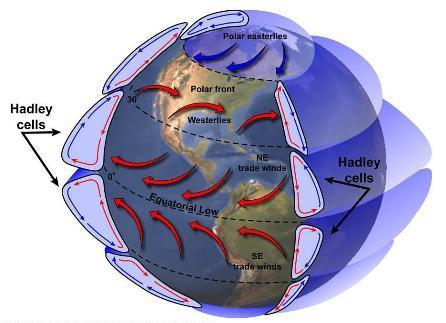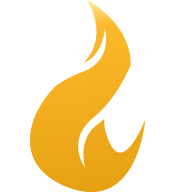Bible evidence: And a snake spoke to Eve. Que the belly-laughs.
The bible is evidence. It is witness testimony and in most cases, we know who wrote it. Shall we ignore evidence because the witness has died? How foolish! Using that standard, we would discard completely most libraries. All our history books would be rendered useless, as would most of our science books and math books. Isaac Newton is dead. Shall we therefore discard what he wrote?
Galileo is dead. Shall we therefore discard what he wrote?
Clarence Darrow is past on. Shall we discard what he wrote? How about Supreme Ct Justice Oliver Wendell Holmes?
Shall we discard the Gettysburg Address because Abe Lincoln is dead?
How about the Founding Fathers? Is our Constitution useless because they are all deceased?
The Rules of evidence in all 50 states allow the introduction of witness testimony. Of course, it is always wise to verify evidence with other testimony or cross examination, but that still leaves the original testimony for consideration by the judge or jury.
We can verify evidence by examining the lives of the speaker to evaluate his credibility and this is useful for the bible. Was Moses an honest man? Were the apostles honest men? How about Matthew, John and Paul?
Bible evidence: And a burning bush spoke to Moses. Que the belly-laughs.
Bible evidence: And Noah not only built an Ark, but put two of every kind of animal in the world in it and of course, the entire world was covered in an ocean after forty days of rain. Que the belly-laughs.
Bible evidence: And blaring trumpets brought down the stone walls of Jericho (some seriously bad construction techniques). Que the belly-laughs.
Bible evidence: And Moses separated the Red Sea and drowned the Pharaoh and his army (all the Pharaoh's deaths were recorded by the Egyptian scribes and none drowned in the Red Sea. Que the belly-laughs.
The only actual things listed in the Bible that were verifiable and logical, were some of the battles that did occur, as well as some of the cities that were listed.
The Bible: Que the belly-laughs.
Do you have a preference as to which point you wish me to address first?
For now, the flood. Have you made any attempt to harmonize Biblical interpretation with scientific interpretation. Or are you biased against the Bible?
The 'rain' was not due to the current water cycle - it was the falling of the upper waters of Genesis 1:6-8 - see the separate thread on these verses. And you missed a detail in the Genesis account of the flood: 2 of each clean animal but 7 of each clean kind of animal.
There is mammoth evidence for the flood (pun intended) - would you like me to post some of this evidence?


